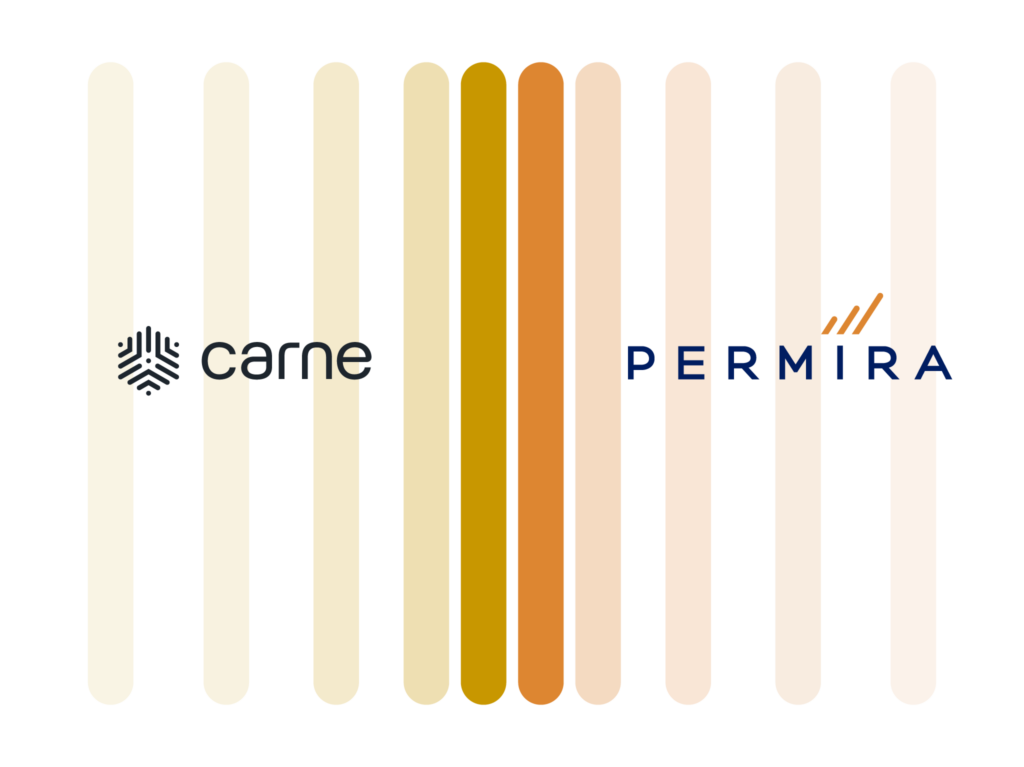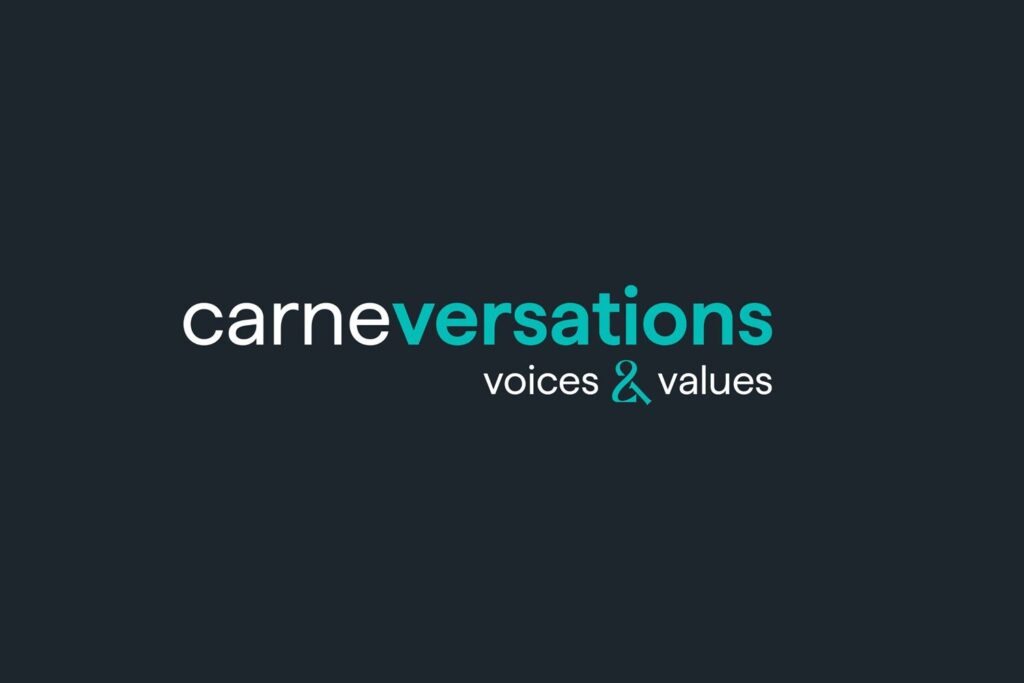Our Chief Regulatory and Client Solutions Officer, Des Fullam recaps key points from the CBI Q&A on UCITS

Our Chief Regulatory and Client Solutions Officer Des Fullam recaps the key points following on from the release of the CBI Q&A on UCITS.
What was announced?
The CBI clarified the requirements under Regulation 85(3) concerning portfolio transparency and disclosure obligations. A UCITS ETF or UCITS ETF share class of a UCITS must disclose the identities and quantities of its portfolio holdings on either a daily basis or periodic basis. It outlines what should be disclosed based on whether the portfolio holdings are shared daily or periodically.
Why is this relevant?
Previously this information needed to be published daily. The additional choice of publishing periodically allow active UCITS ETFs to protect their proprietary information (such as analytical research and personal judgement) and prevent other market participants from being able to replicate their investment strategy.
Who is this relevant for?
This is relevant for all parties to an active UCITS ETF such as Investors, Investment Managers, UCITS Management Companies, Fund Administrators, and Distributors. Further, this would also be relevant to Authorised Participants (AP) and Market Makers (MM) relying on access to data.
What are the main takeaways from the Q+A the industry should know?
For all active ETFs:
- The prospectus, PRIIPs KID, UCITS KIID and marketing materials must disclose the policy regarding portfolio transparency , where information on the portfolio may be obtained.
- The prospectus must disclose the type of information that is to be provided.
If disclosing daily,
- ensuring that portfolio information is available to on a non-discriminatory basis to investors, APs and MMs.
If disclosing periodically:
- ensuring that portfolio information is available to on a non-discriminatory basis to APs and MMs.
- If disclosing periodically, appropriate information is disclosed on a daily basis to facilitate an effective arbitrage mechanism (i.e. to APs and MMs).
- Maintain documented procedures where the arbitrage mechanism of the ETF is impaired and for investors to request portfolio information.
- Full quarter end portfolio holdings must be public within 30 business days (i.e. to investors).
What next?
Active ETFs must decide if they wish to avail of the new periodic disclosures. If so a review of (a) type of information and where it may be obtained, (b) the portfolio transparency policy and their inclusion in prospectuses, PRIIPs KIDs, UCITS KIIDs and marketing materials should be performed. Further, a review of the daily delivery mechanisms for APs, MMs and the quarterly publication of information required should be implemented and document procedures for (a) where the arbitrage mechanisms are impaired and (b) investor requests for portfolio information.








